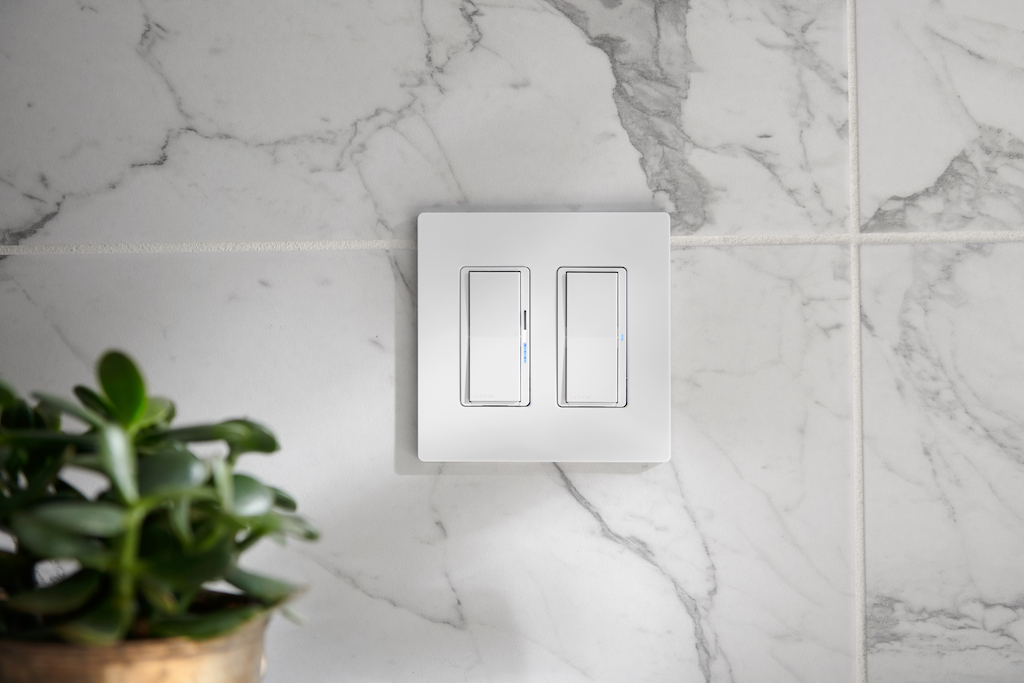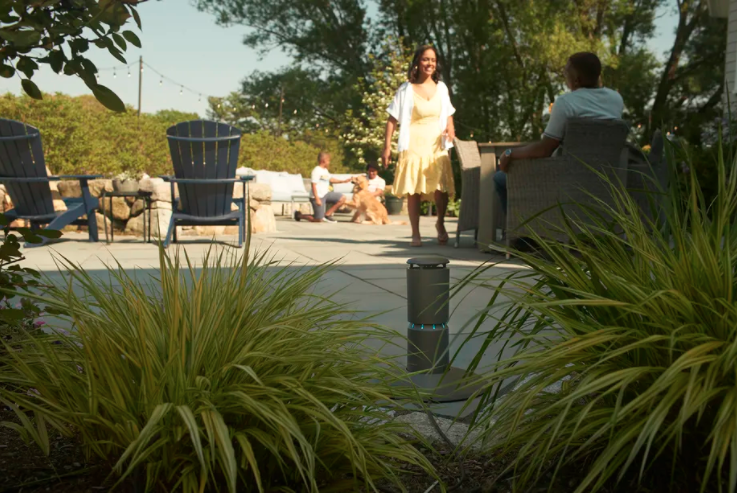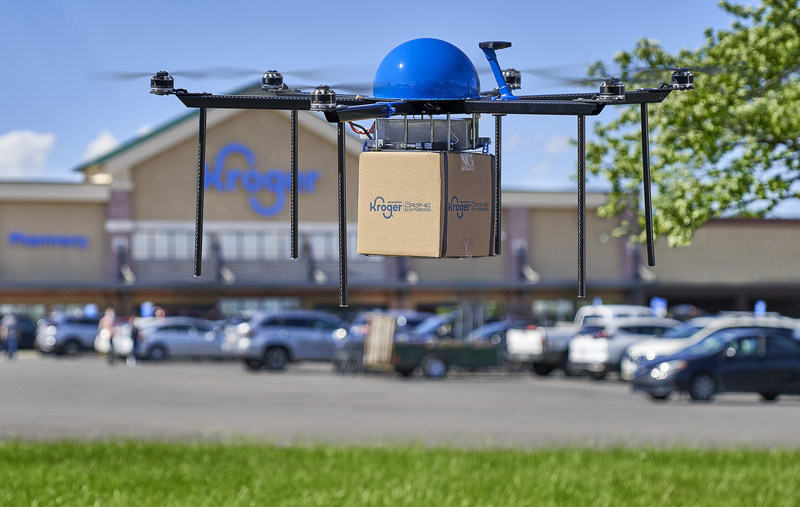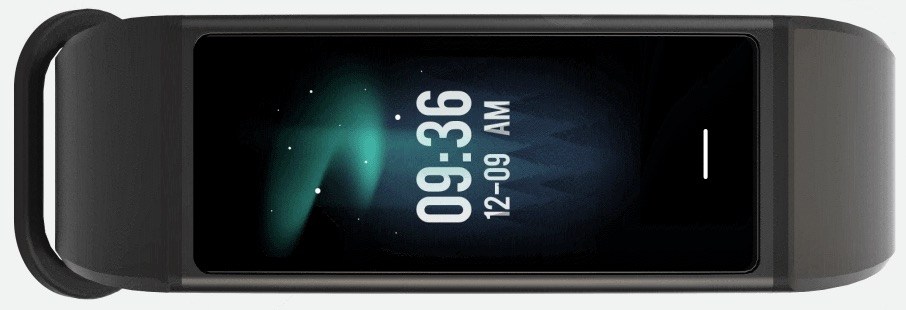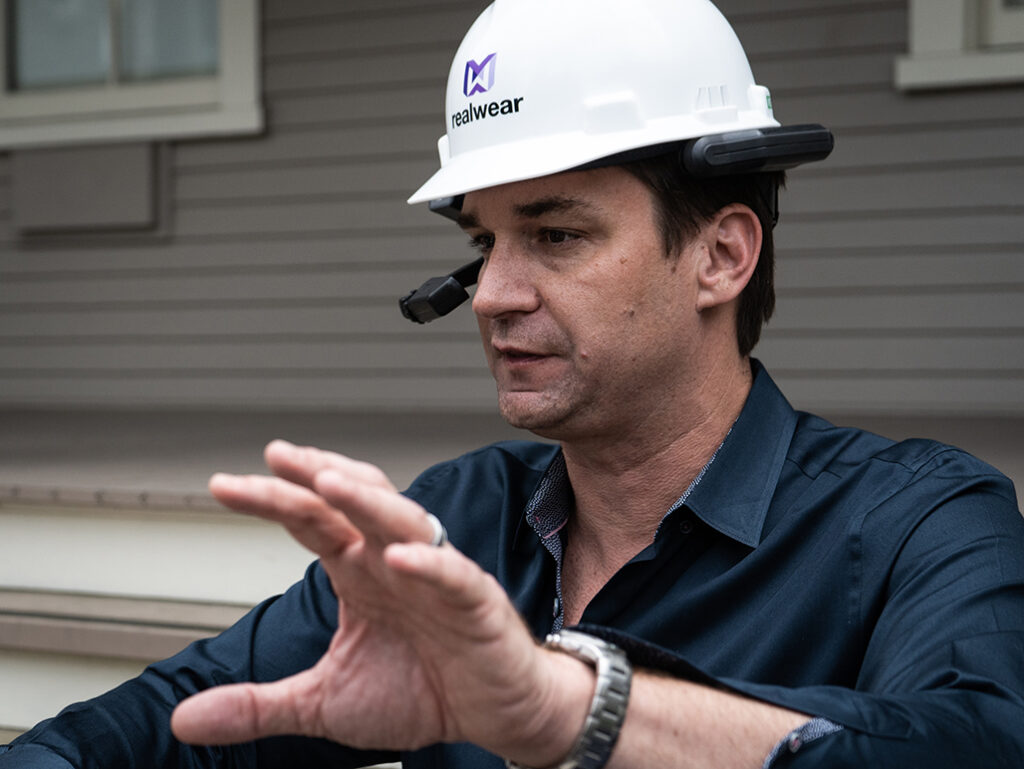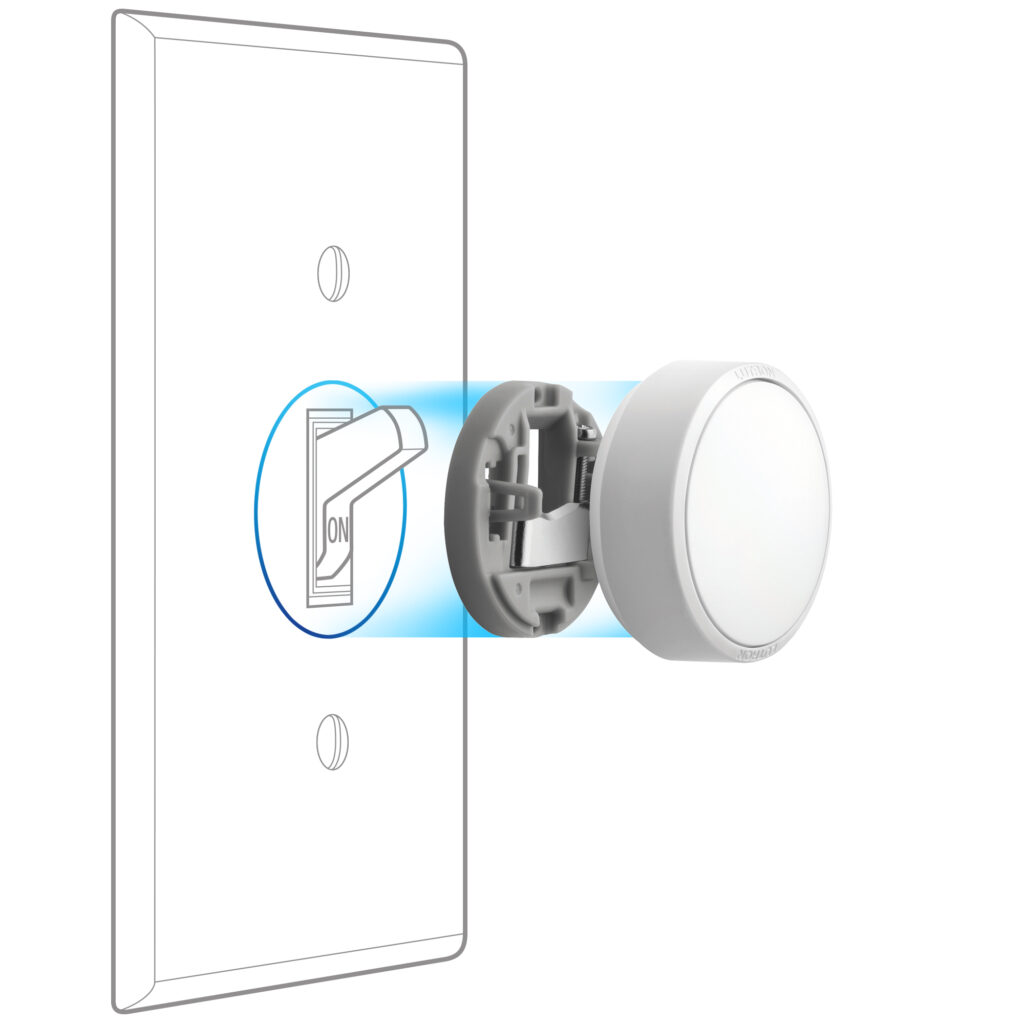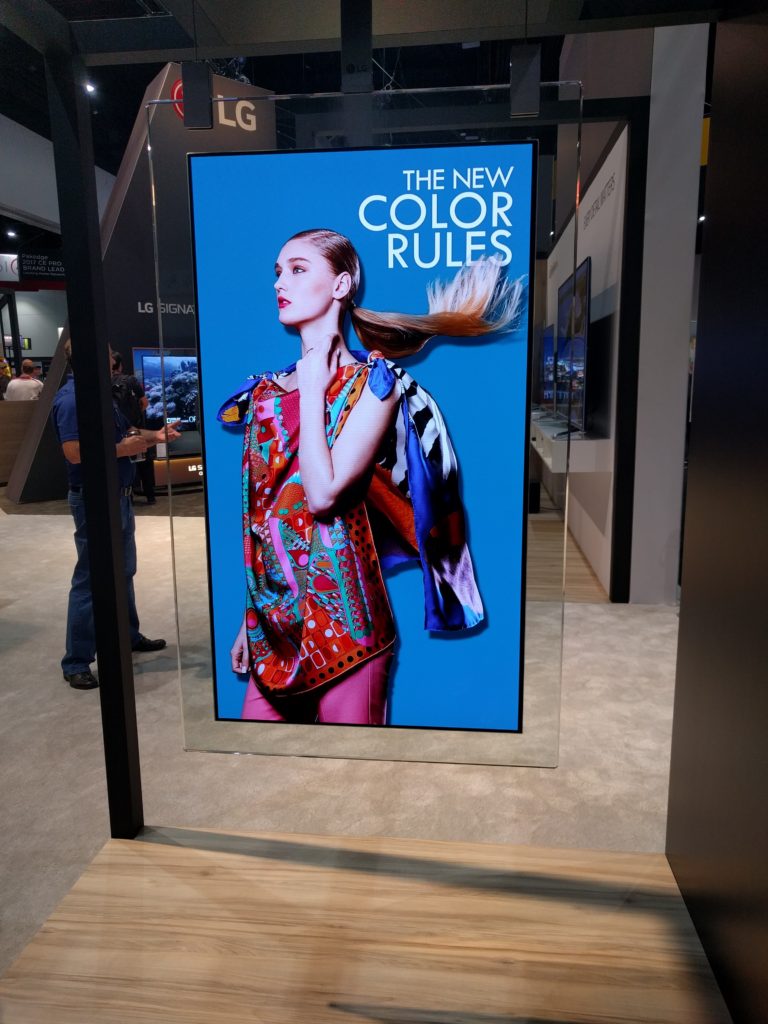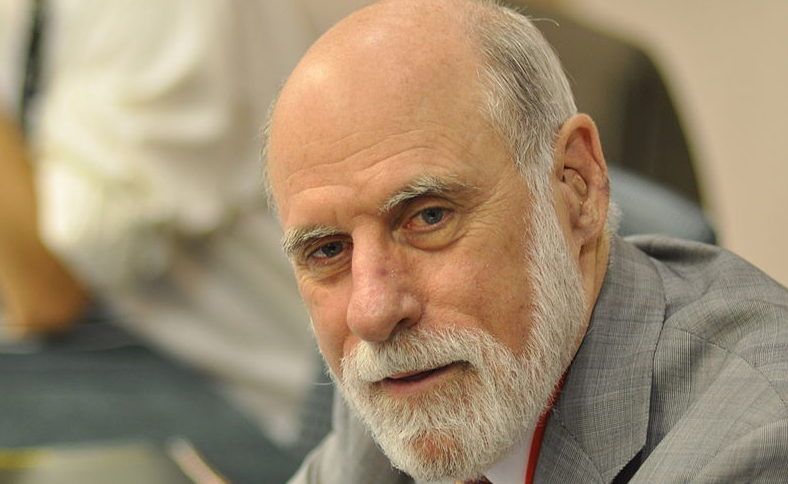Kevin and I are at CES 2023 this week and eager for the show floor to open to see all of the new and crazy gear. But before we see the show floor, we had to slog through the planned news and media events, which we’re talking about in this week’s show. Matter is everywhere so far with most companies choosing to announce new Matter products that will arrive in the coming months. We cover news from Nanoleaf, Eve, Govee, Samsung, Lutron (no update on Matter plans), and SwitchBot. We then talk about Amazon’s Sidewalk expansion news and its work with two partners for voice interoperability in an automotive platform and with Josh.ai. Also in voice news, Home Assistant will add voice control for its platform in the coming year. And now, prepare for the rush of product news including new Ring cameras, ADT’s app with upgraded Nest integration, Cync lights, and Moen’s new sprinkler and soil sensors. We also discuss Arlo’s new end of life plans for older cameras, which the user community is upset with. Then we talk about a larger trend emerging at CES of building smart devices, such as Masonite’s new powered door, into the home itself. I don’t think we’re ready for this, but the consumer electronics industry is eager to provide these products. Finally, we get more details on Thread’s range from a listener calling in on the Internet of Things Podcast hotline.
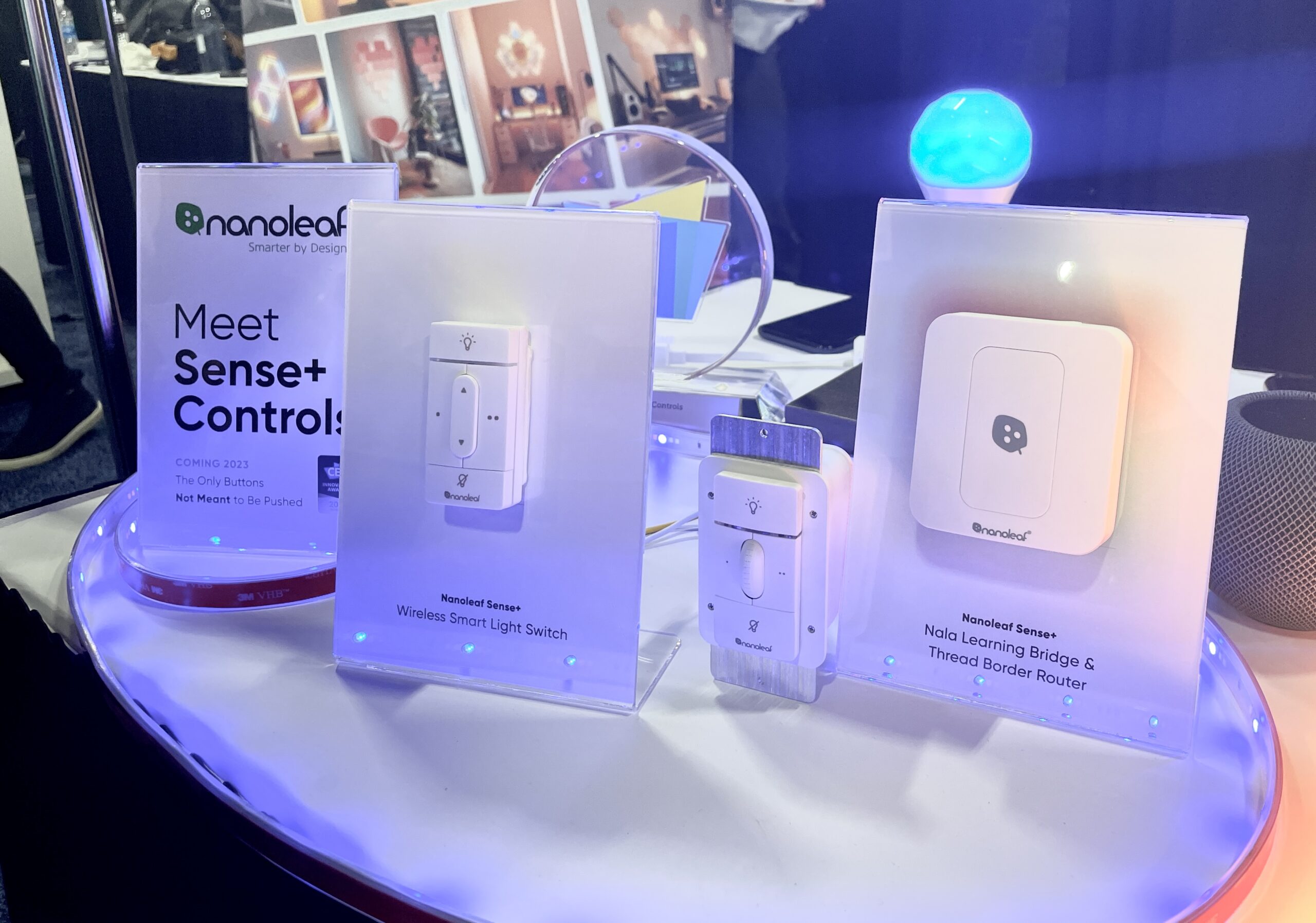
Our guest this week is Gimmy Chu, CEO of Nanoleaf. He’s on the show to discuss Nanoleaf’s new Sense+ Controls light switches that contain sensors and additional buttons to manage the growing complexity of color lighting. These are also key components for Nanoleaf’s new Nanoleaf Automations Learning Assistant (Nala), which is an effort to let your lights automate themselves. The idea is that sensors inside the switches will indicate presence, based on time of day, ambient light and stated preferences, then add more information to get the appropriate lighting for that moment. As a person who has been testing smart lights for a decade, I’m eager to see if Nanoleaf has the goods. We’ll have to wait until the third quarter until these are out to test it, but Chu explains what he’s aiming for. We also talk about the future of lighting and how color will play a larger role. Enjoy the show.
Hosts: Stacey Higginbotham and Kevin Tofel
Guest: Gimmy Chu, CEO of Nanoleaf
Sponsor: Silicon Labs
- The promise of Matter is everywhere at CES. The devices, not so much
- Amazon’s adding LoRa connectivity parters to its Sidewalk program
- You’re getting more options on the voice assistant front
- Nanoleaf’s plans for intuitive controls are compelling
- Why Nanoleaf is waiting to deploy Matter to existing gear
Podcast: Play in new window | Download | Embed
Subscribe: RSS

